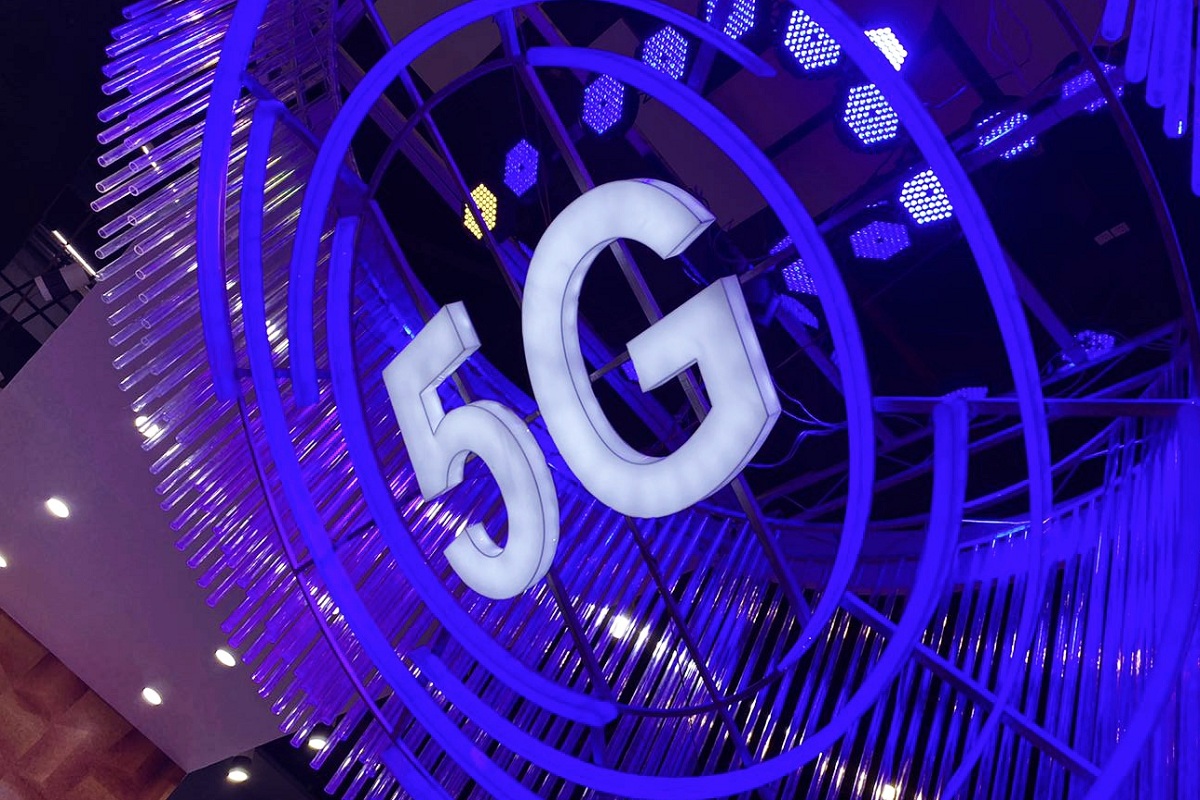South Korea has one of the best fifth-generation (5G) communications network infrastructures among the member states of the Organization for Economic Cooperation and Development (OECD), a report showed on Wednesday.
The country had the highest number of 5G base stations relative to its population, with 593 stations per 100,000 inhabitants, as of last year, followed by Lithuania and Finland, according to the latest OECD Digital Economy Outlook. The OECD average was at around 100 stations.
Advertisement
In terms of the number of 5G connections per 100 inhabitants, Korea ranked No. 2 at 63, trailing after the United States at 68.4, but far above the OECD average of 38.6, reports Yonhap news agency.
Seoul also had the cheapest price for triple-play bundled communication baskets, comprising TV, internet and voice, across the OECD nations.
The report said investments in the communication sector in OECD countries grew by 39 per cent over the past decade as the demand on networks continued to increase amid a growing trend toward a “remote” and “digital” economy.
Digital government, connectivity and skills were the top three digital policy priorities in 2023 for 38 OECD countries and partner economies.
“National digital strategies, increasingly developed at a high level of government, are the primary approach to coordinating digital policies. A dedicated digital ministry designed almost half of the national digital strategies of the 38 countries surveyed in 2023, up from just under a quarter in 2016,” the report mentioned.
The demand for high-quality and affordable broadband services continues to increase.
Over the last decade, fibre was the fastest growing fixed broadband access technology in OECD countries and it is now dominant. Deployment of 5G continues, while mobile data usage per subscription in OECD countries almost tripled from 2018 to 2023. Affordability, availability and quality are key aspects of bridging connectivity divides.











